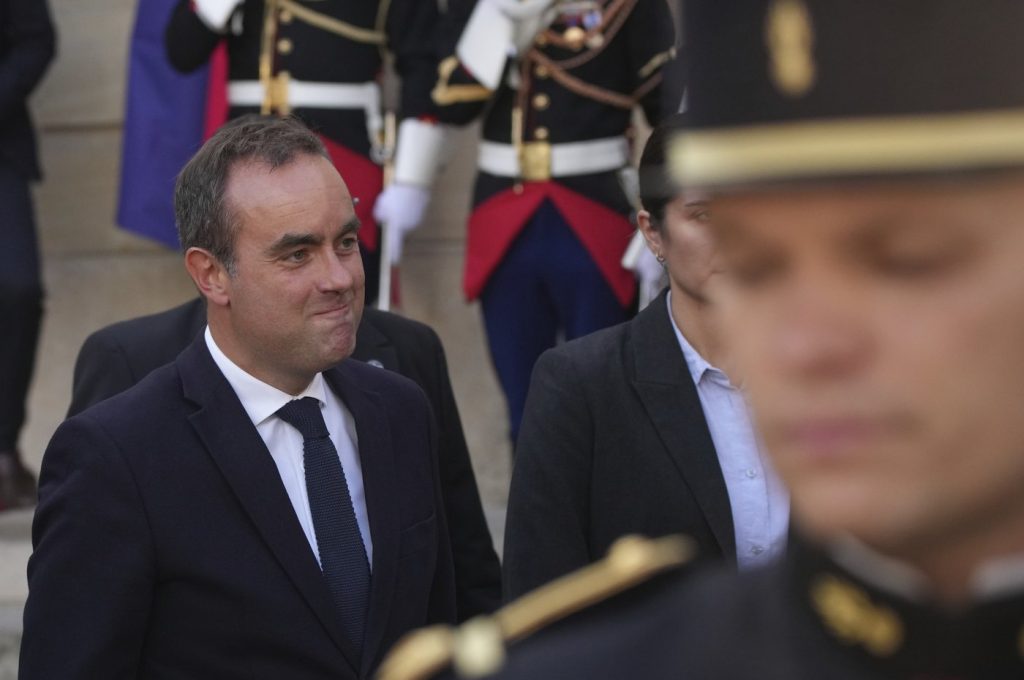PARIS (AP) – Strikes and street demonstrations across France were anticipated Thursday, organized by major trade unions in response to proposed budget cuts. These actions coincide with discussions held by newly appointed Prime Minister Sébastien Lecornu as he engages with political opponents regarding the country's burgeoning deficit and debt.
The unions are demanding that Lecornu abandon draft budget measures introduced by his predecessor, which they argue would exacerbate the financial strain on low-paid and middle-class workers through social welfare freezes and austerity measures. In a joint statement released before the leadership transition, unions characterized these proposed measures as "unprecedented brutality," lamenting that the previous administration opted to impose burdens on vulnerable groups, including workers, those in precarious jobs, retirees, and the sick.
In addition to the budget cuts, unions are still protesting against President Emmanuel Macron’s pension reform that raised the minimum retirement age from 62 to 64. This reform has been a point of significant contention, fueling ongoing unrest among workers and labor groups throughout the nation.
Outgoing Interior Minister Bruno Retailleau predicted a "very strong mobilization" in response to the planned demonstrations. He stated on BFM TV that approximately 80,000 police and gendarmerie officers would be deployed throughout France to maintain order. Retailleau expressed concern about potential disturbances, warning that early morning blockades, sabotage, and the involvement of ultra-leftist groups could lead to violence.
Street demonstrations are set to occur in numerous cities across the country later in the day. Disruptions are expected in several sectors, notably affecting public transportation, hospitals, and schools. The French national rail company SNCF cautioned that while some disruptions could occur on high-speed trains traveling to various destinations in France and Europe, most services would still operate normally. However, regional rail lines, along with the Paris metro and commuter trains, are likely to face greater interruptions.
In terms of air travel, minimal disruptions are anticipated, as the primary air traffic controllers union opted to postpone its planned strike in light of the new Cabinet appointment. This decision may mitigate the impact of the demonstrations on airport operations, although travelers should remain mindful of potential consequences from the strikes.
The previous week, a nationwide day of anti-government demonstrations saw several cities engulfed in chaos, with smoke-filled streets, flaming barricades, and the use of tear gas as protesters rallied against the budget cuts and the prevailing political climate. While the "Block Everything" movement did not fully achieve its aims of total disruption, its efforts resulted in significant disturbances and highlighted the discontent simmering among various segments of the population.
As the strike actions unfold, the involvement of unions and public response to the proposed fiscal measures will remain closely watched, reflecting the broader economic challenges and social tensions within France. The negotiations and political developments led by Prime Minister Lecornu will play a pivotal role in shaping the future of the country's economic policy and public sentiment.










